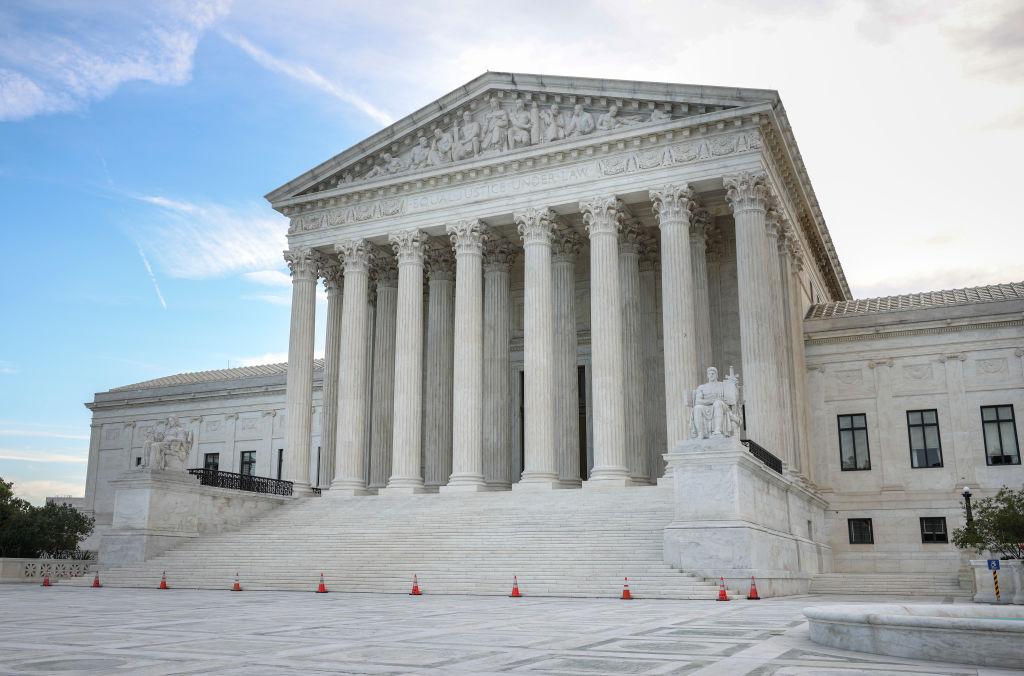The Supreme Court announced it will consider whether an hourly fast-food worker allegedly denied overtime pay is required to take her proposed wage-and-hour class-action lawsuit against a large Taco Bell franchisee to arbitration, instead of pursuing it in federal court.
The case, Morgan v. Sundance Inc., court file 21-328, comes from the St. Louis-based U.S. Court of Appeals for the 8th Circuit. The Supreme Court approved the petition for certiorari, or review, on Nov. 15, in an unsigned order.





